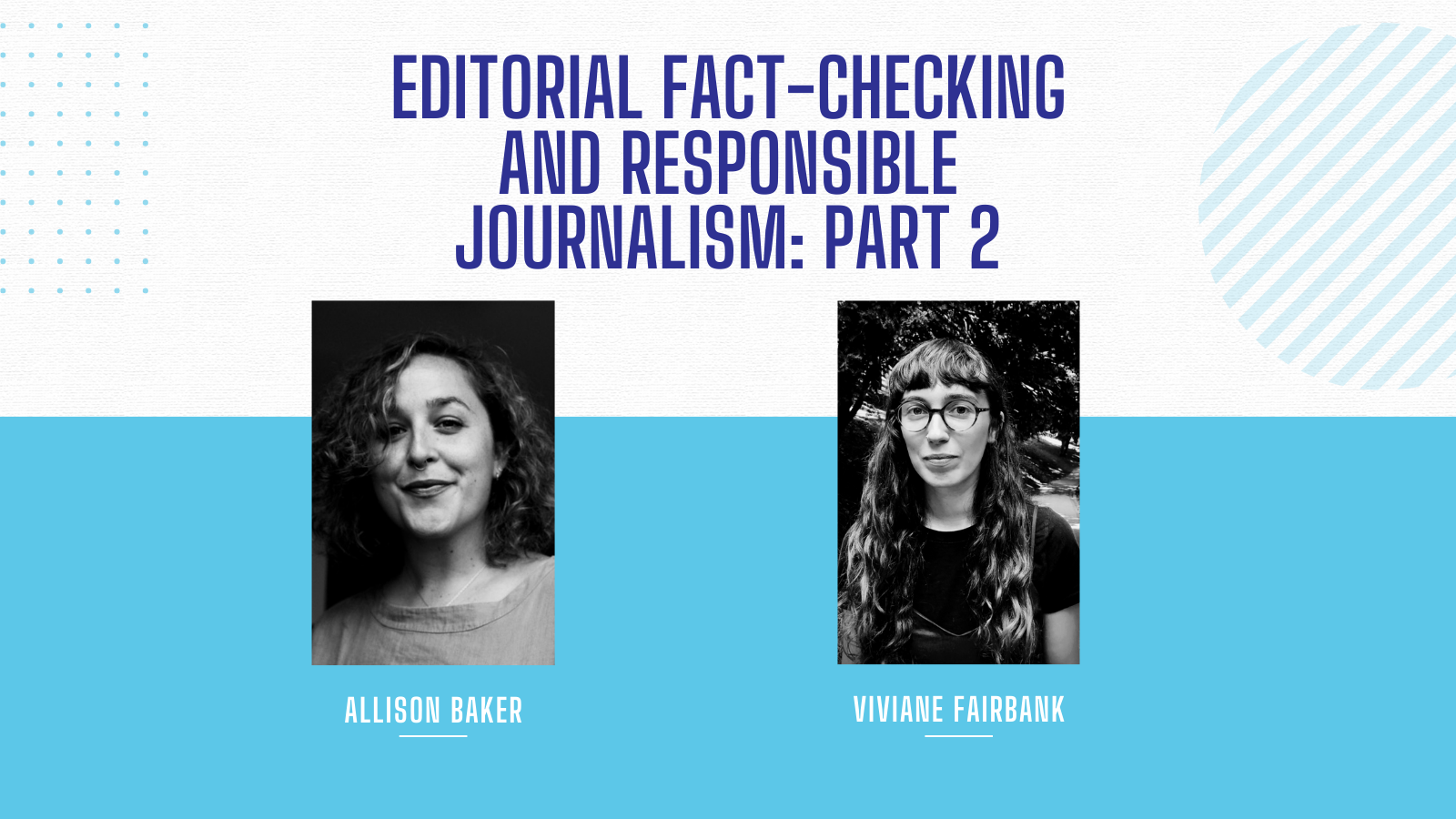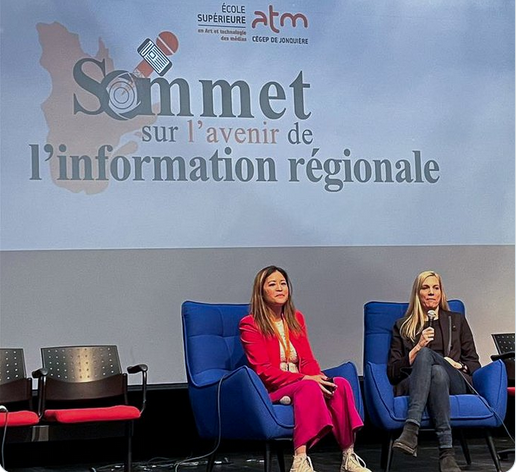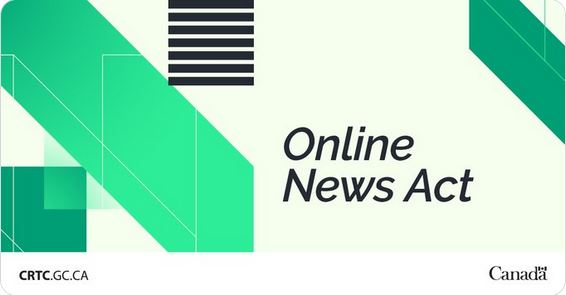A few magazines have asked the Magazine Association of BC for guidance on how to spend and track their Canada Periodical Fund – Special Measures for Journalism (CPF-SMJ) emergency funding, so we felt it was a good time to create a blog post on this. This blog post has been checked for accuracy by David Harkness of CPF.
Below we cover:
- How To Spend the CPF-SMJ Funding
- The CPF-SMJ Funding and Loans
- Tracking the CPF-SMJ Funding
- Acknowledgement of Financial Assistance
- To Contact the CPF
If you have any additional information, questions or tips, we’d love to hear from you: exec@magsbc.com.
How To Spend the CPF-SMJ Funding
You can spend the CPF-SMJ funding on any eligible activities and expenses. According to the Special Measures for Journalism Application Guidelines, you have the flexibility to direct the funding to the areas where you currently have the greatest need, which will likely be quite different from publication to publication.
CPF will not contact you about your plans for the funding or send you a contract to sign. Your approval letter is all you need. You may feel free to spend the money on a variety of publishing activities, such as content creation, production, distribution, or business development.
To be more specific, according to the Application Guidelines, the funding can be spent to support expenses related to a range of activities such as:
- Creation (writing, editing, photography, illustration and design);
- Production (pre-press and printing);
- Marketing;
- Distribution;
- Website development and enhancement (including content development, and enhancements to the site’s architecture and functionality); and/or
- Production of a digital periodical associated with an eligible print periodical.
Note the “such as”: these are examples to give you an idea of what the Canada Periodical Fund expects you to spend the funding on, not a complete list of eligible expenses. For example, we understand you can also use this funding to increase the hours of part-time staff, contractors and/or contributors. Please refer to the Eligible Expenses section of the Application Guidelines, and the Cheat Sheet for the type of business development expenses supported.
All of the CPF-SMJ funding MUST be spent on expenses that occur during the current federal government fiscal year, April 1, 2020 to March 31, 2021. You may be required to return any part of the financial support not spent by the end of March.
The CPF-SMJ Funding and Loans
You can repay a loan that was incurred on or after April 1, 2020 in order to assist the publication to continue operations during COVID-19. According to Canadian Heritage:
“The purpose of the Special Measures for Journalism component is to provide short-term emergency financial relief to Canadian magazines and community newspapers during the COVID-19 crisis in 2020. The component will provide funds for the 2020-2021 fiscal year.
“Therefore, the PCH grant (i.e. the PCH emergency financial relief) can be used to pay off a loan which was used to pay for eligible operating expenses. The period in which these expenses were incurred must be from April 1, 2020 to March 31, 2021. You may be asked to account for operating expenses for audit purposes and asked to see details of the loan that was paid off using the PCH emergency financial relief.”
Paying off continuing debts incurred in previous fiscal years, paying dividends, and buying prizes for draws, giveaways, etc. are NOT considered eligible expenses.
Tracking the CPF-SMJ Funding
According to the Application Guidelines, there is no requirement to report back to Canadian Heritage about how your organization spent the CPF-SMJ funding. However, the Government of Canada may choose to audit your file or ask you for information about your records in order to do a program evaluation.
You MUST keep your records and documentation about how you spent this funding for five years. If you do not have the information available if they ask for it, then the government may ask that you repay some or all of the CPF-SMJ funding.
In order to help you track your CPF-SMJ funding, Canadian Heritage has provided a Cheat Sheet from its accounting department.
It recommends that you keep records related to invoices, to salaries, to proof of payment and to the delegation of authority for signing cheques. For example, this may include timesheets for salaried, contracted or volunteer employees. It also notes certain general limitations on expenses with respect to travel, hospitality, alcohol, market value, tax credits/reimbursements and otherwise reimbursed expenses.
If you are unsure of which records to retain or you are concerned about any of your proposed expenses, then please review the Cheat Sheet or contact a Canada Periodical Fund Program Officer for guidance before incurring an expense.
Please check with your accountant about how to accurately track the CPF-SMJ funding in your accounting system. If Canadian Heritage does audit your file or request information in order to do a program evaluation, they will expect that your records of how you spent the funding will reconcile with your company’s general ledger.
Regarding tracking CPF-SMJ expenses in your accounts, your accountant or bookkeeper can do one of three things to make sure you’re ready for an audit or program evaluation:
- If you are just using a basic spreadsheet for your accounts, they can record any expenses applied to the grant funds on a separate spreadsheet. Make sure to have up-to-date print and digital versions of this spreadsheet (and copies of all invoices etc.) in your files.
- Apply CPF-SMJ funding against the expense it is offsetting in your accounting program so the grant money will be identified within the months it is offsetting any expense, in equal proportion to the expense. (This also helps with CEWS, as CPF-SMJ is then not recorded as revenue in the month it was received.)
- Create a CPF-SMJ account class code and assign both the grant and all associated eligible expenses to that class in your accounting program. This has the advantage of giving you an easy running total of what’s left to spend, and can be combined with other account classes to give an overall financial picture.
Also:
- If your fiscal year-end is before March 31, 2021 (e.g. December 31) you should have your accountant carry over any unspent CPF-SMJ funding to your next fiscal
- The CPF-SMJ funding is not taxable income.
Acknowledgement of Financial Assistance
If you receive funding, you must publicly acknowledge – in English and/or in French – the financial support received from the Government of Canada in all communications materials and promotional activities.
This could include:
- The Canada logo, and language as appropriate, on:
- Your magazine cover, website home page and/or masthead page
- Flyers, signs and ads
- Press releases
- Videos, in a credits screen
- Handouts, booklets, reports etc.
- Verbal acknowledgement at any events, including webinars, that the CPF-SMJ funding contributed to
- Acknowledgement through your social media channels, and sharing your social media addresses with PCH
See this guide for more details: https://www.canada.ca/en/canadian-heritage/services/funding/acknowledgement-financial-support.html
We advise you to continue to acknowledge this assistance at least until all activities related to expenses paid for by CPF-SMJ funding have been completed. For example, if you have an event in May 2021, but you paid for promotional materials for this event in March 2021, the government should still be acknowledged at your event.
To Contact The CPF
If you want to talk to a program officer concerning any expenses you’re not sure are eligible, or get other guidance, please email them directly at: Fonds des périodiques Canada / Canada Periodical Fund (PCH) <PCH.fondsdesperiodiquescanada-canadaperiodicalfund.PCH@canada.ca>
Best.
—
Sylvia Skene
Executive Director
Magazine Association of BC
exec@magsbc.com
Allyson McGrane
Partner, Left Right Minds
amcgrane@leftrightminds.com
In consultation with David Harkness
Manager, Collective Initiatives and Business Innovation
Canada Periodical Fund
Department of Canadian Heritage











